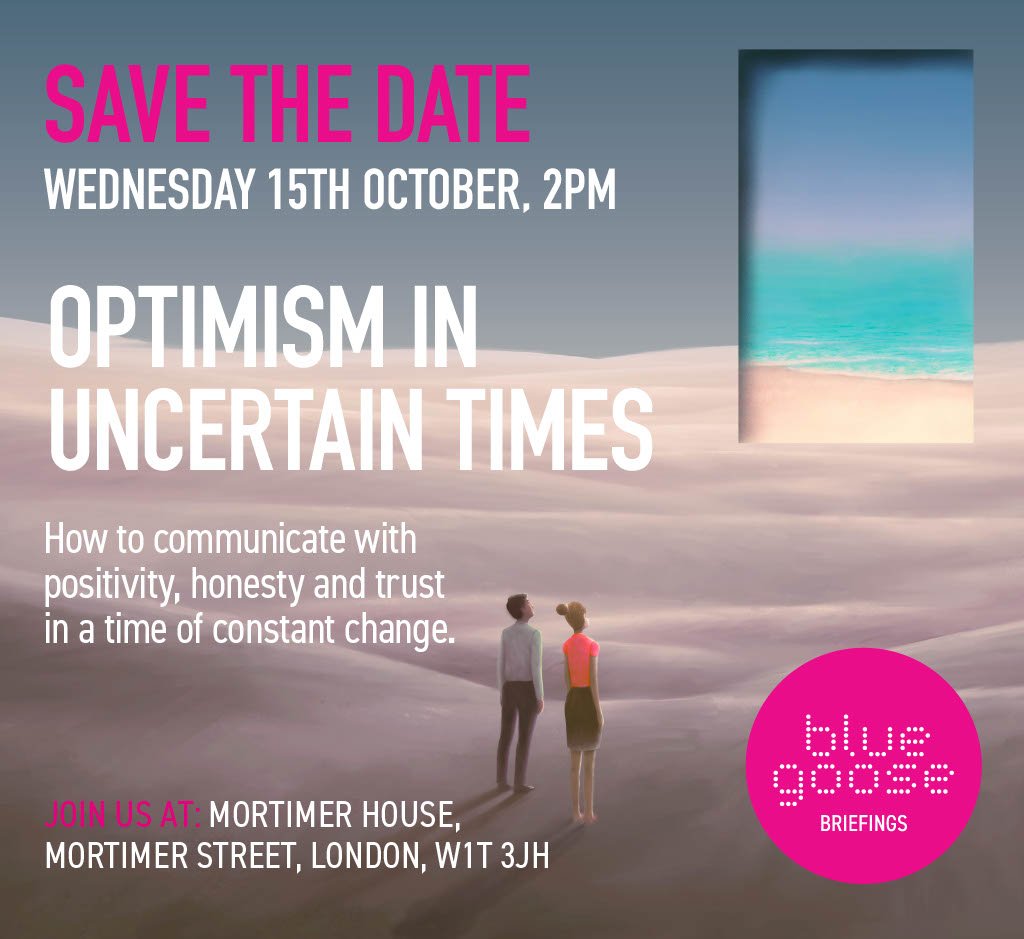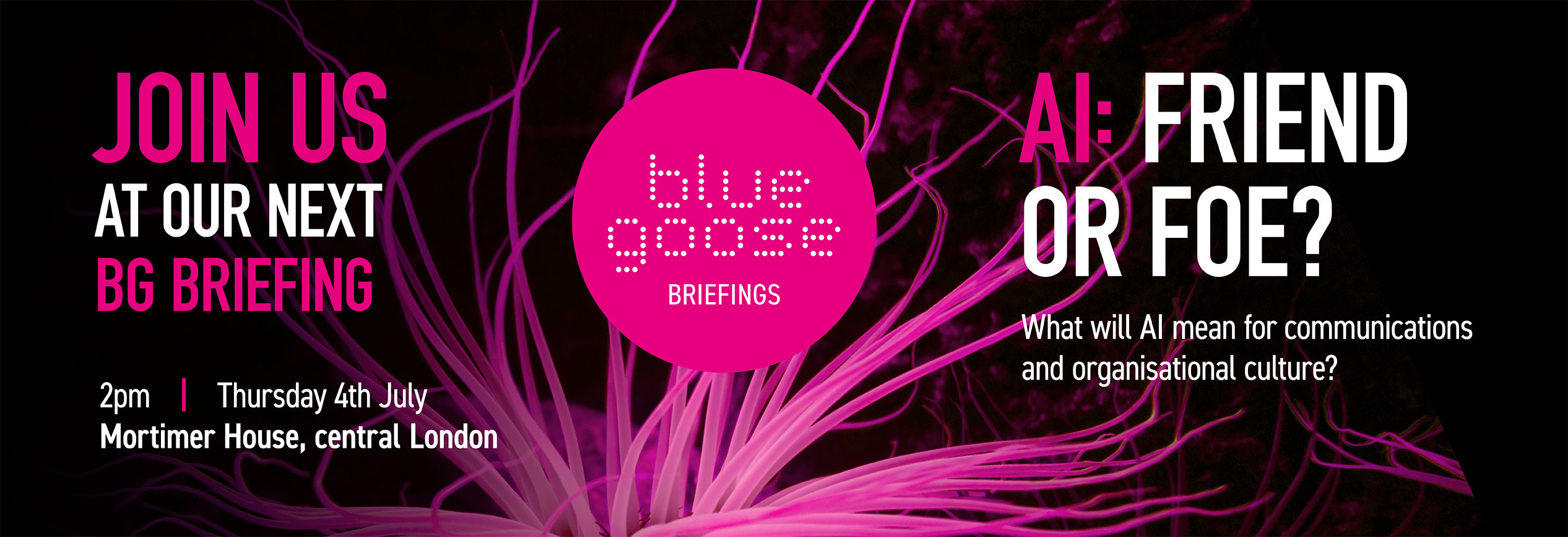The world of work is in constant flux.
And organisations are grappling with a complex mix of new technologies, economic pressures, and how and where they want their people to work. But employees demand two things of their leaders and companies above all else: a sense of optimism. And feelings of trust.
So how do businesses manage these expectations in a fluid, ever-changing landscape? It’s no longer enough to simply react. Organisations need to proactively frame the changes taking place and get out in front of them.
The role of AI in workplace transformation
Artificial intelligence is at the forefront of this shift, fundamentally reshaping how work is done.
A recent McKinsey Global Survey on AI highlights that organisations are beginning to “rewire to capture value” from this technology, with 21% already redesigning workflows (1). AI tools are no longer futuristic concepts; they are becoming essential co-pilots, enhancing productivity and allowing employees to focus on higher-value tasks that require creativity and strategic thinking.
But naturally, this might come at a price: existing and established roles and functions.
Global restructuring and economic pressures
Economic headwinds are forcing many businesses to reassess their structures. According to a report by Allianz on “Global insolvencies in times of war economics”(2), and another by PwC on “Restructuring Insights” (3), we are seeing a continued rise in corporate restructuring mandates.
This trend, driven by rising interest rates and geopolitical uncertainty, signals a move towards more proactive and strategic financial management to ensure long-term resilience.
Similarly, very few places of work can absolutely guarantee the long-term security of many positions and roles.
Rethinking recruitment and retention
In parallel, the dynamic between employers and employees is resetting. In our post-covid world, there’s continuous tension between the desire to bring people back into a line of sight in office environments (partly as a result of these economic pressures), and the need to offer employee-centric flexibility and benefit.
As detailed by Benepass(4) and People Insight, modern retention strategies prioritise flexibility and competitive compensation, but also a clear path for career progression, making personal development an attraction priority, rather than simply offering remote-work flexibility.
The businesses that will succeed in this new era are those that view change not as a challenge, but as an opportunity.
By embracing AI, navigating financial shifts with agility, and prioritising their people, leaders can build organisations that are not just surviving, but actively shaping the future of work.
How to navigate change and transformation without chaos

Navigating change in these uncertain times is not easy. So we’ve decided to delve into this topic for our next Blue Goose Briefing.
We’ll be joined by a panel of change, transformation and communication specialists to look at different aspects of change that organisations are currently facing. And provide some advice on the best way to approach change without the chaos and inspire optimism in your people.
Join us on Wednesday 15 October at Mortimer House in Central London. Register here.
We look forward to seeing you.
References:
McKinsey Global Survey on AI: The state of AI: How organizations are rewiring to capture value
Allianz Global Insolvency Report: The corporate battlefield: Global insolvencies in times of war economics
PwC Restructuring Insights: Restructuring Insights Q2 2024: Insolvency Trends Uncovered
Benepass & People Insight Reports:
8 Employee Retention Strategies That Work in 2024
10 Pros and Cons of AI in the Workplace




